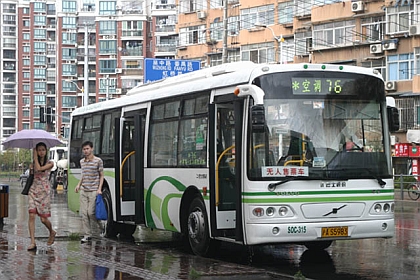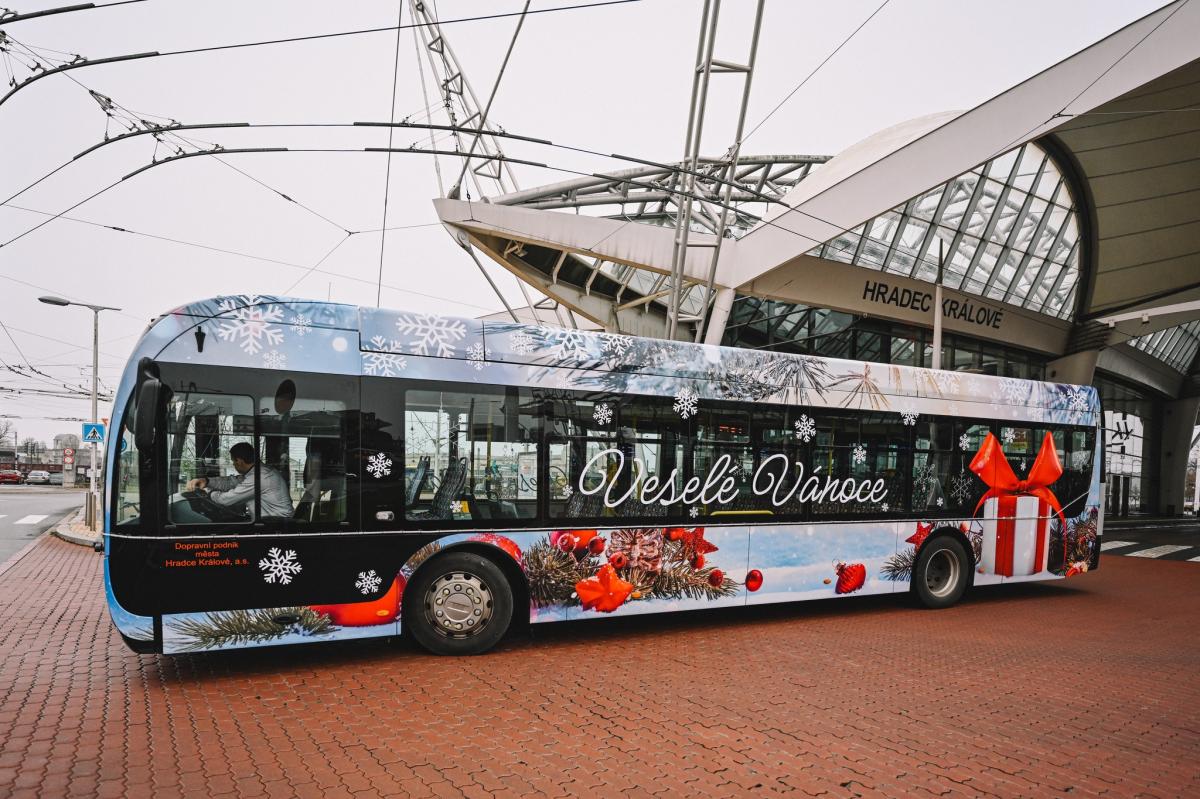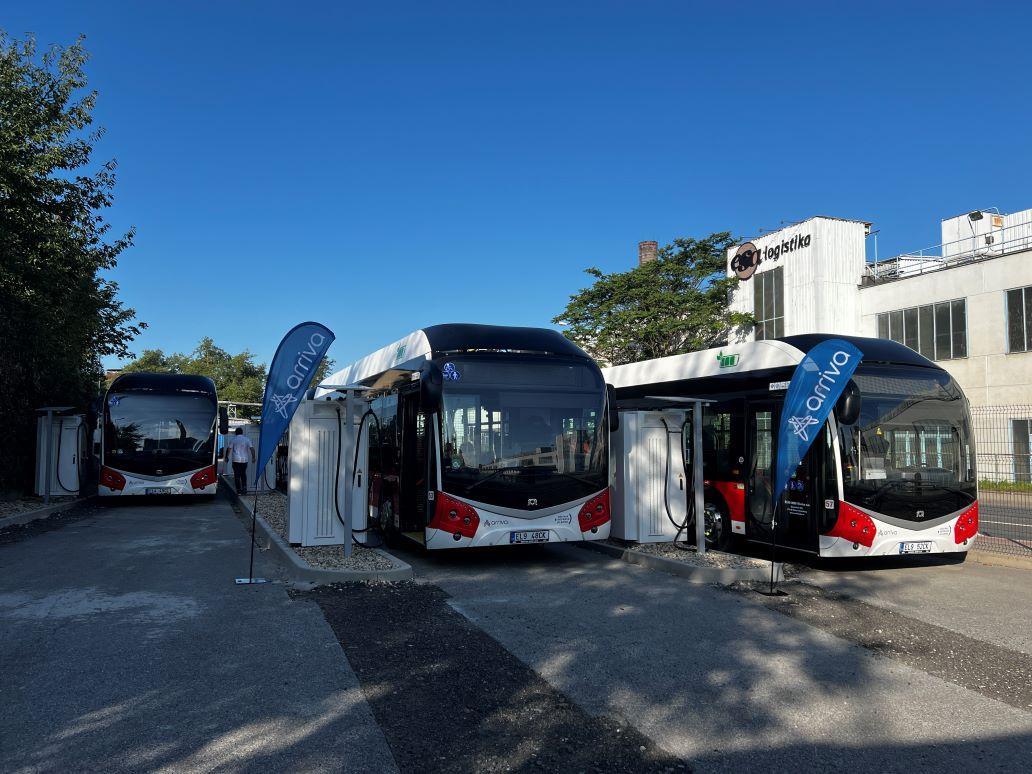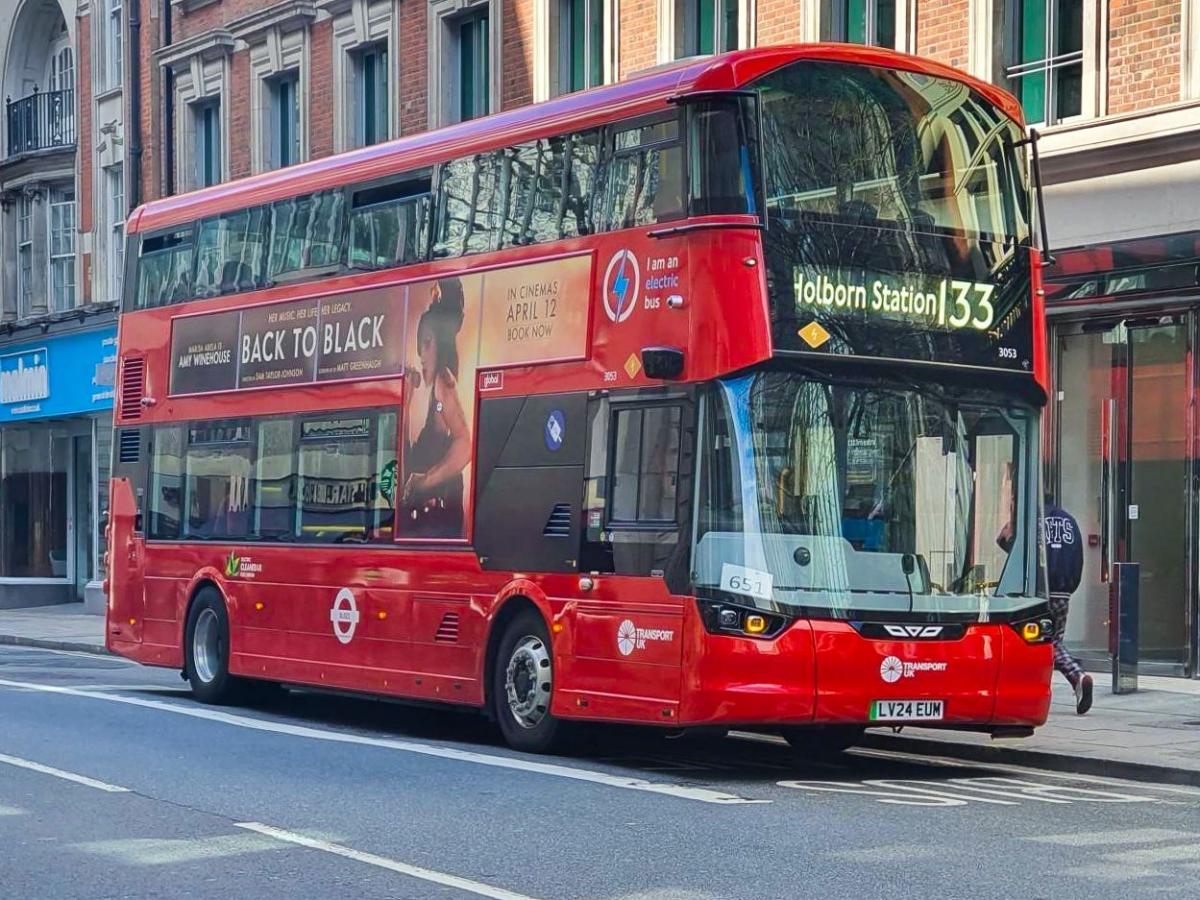(Volvo initiates a Traffic Accident Research Centre in China.)
(Volvo initiates a Traffic Accident Research Centre in China.)
Na BUSportálu vyšlo: Úspěchy autobusů Volvo v Číně - zakázka na 2000 autobusů pro Šanghaj. (CZ+EN)Společnosti Volvo Buses, Volvo Trucks a Volvo Cars zakládají právě "Traffic Accident Research Centre" v Číně. Aktivním výzkumem dopravních nehod pokračuje Volvo v získávání informací a expertíz v úsilí vyvíjet bezpečnější vozidla, zatímco současně chce přispěr k bezpečnější dopravě v nelidnatější zemi světa.
Výzkum Volvo v oblasti nehod v místním provozu je na vysoké úrovni. V centru ve švédském Göteborgu odstartoval již v roce 1970 a spolu s lokálním působením v USA a Thajsku, vybudovalo Volvo databázi zahrnující detaily o okolo 40.000 nehodách.
Mnohé vyvinuté bezpečnostní systémy byly uplatněny v automobilech, nákladních vozidlech a autobusechpo letech vývoje znalostí z výzkumu nehod. Několik příkladů - SIPS (Side-Impact Protection System) - zvyšující bezpečnost dětí v osobních vozech stejně jako deformační volant a FUPS (Front Underrun Protection System) - zamezení podjetí pod vozidlo a ESP (Electronic Stability Program) - zamezení převrácení zejména pro nákladní automobily a autobusy.
Omezení nehod v nedávné době
Počet nehod v Čině byl v roce 2003 přibližně 110,000. V minulých letech byl tento počet redukován na něco přes 100.000 - indikace, že intenzivní zaměření na bezpečnost přináší výsledky.
Volvo chce nyní přispět k pokračování pozitivního trendu v Číně založením Výzkumného centra nehodovosti. Myšlenkou je, že místní výzkum provozu vozidel bude spolupracovat s místními organizacemi a univerzitami, zatímco základna zůstane ve Švédsku.
Z TZ Volvo Bus Corporation, výběr a překlad BUSportál. Celý text v angličtině.
Volvo initiates a Traffic Accident Research Centre in China
Volvo Buses, Volvo Trucks and Volvo Cars are now setting up a joint Traffic Accident Research Centre in China. With its active traffic accident research, Volvo is continuing to acquire information and expertise in the drive to develop safer vehicles, while at the same time hoping to contribute to safer road traffic in the world’s most populous country.“We must gain more knowledge about the increasingly intensive Chinese traffic environment to ensure that our high-tech systems function optimally even there”, says P-O Boström, Director of Traffic Safety, AB Volvo. “The foundation of Volvo’s safety approach is that we should give all our customers the same high safety level, no matter which country they happen to be in.”
Volvo’s in-house traffic accident research is the best-developed in the automotive industry. From its centre in Göteborg, Sweden, starting in the early 1970s and with local operations in the USA and Thailand, Volvo has built up a unique database of facts including detailed information about almost 40,000 accidents involving more than 50,000 passengers.
“Knowledge about what actually happens with the vehicle and its occupants in a collision has been an enormous asset in our product development over the decades”, says Ingrid Skogsmo, Director of Volvo Cars Safety Centre. “In recent years we have focused even more intensively on what happens during the final few seconds before the accident actually takes place. This has created better potential for devising preventive systems that help our customers avoid accidents”.
Many of the safety systems that have been introduced into Volvo’s cars, trucks and buses over the years have been developed from the knowledge that Volvo’s accident research has gathered from actual traffic accidents. A few examples are the SIPS (Side-Impact Protection System), improved performance in frontal offset impacts and child safety equipment in passenger cars, as well as the deformable steering wheel and FUPS (Front Underrun Protection System) and ESP (Electronic Stability Program) for trucks and buses.
Reduced fatalities in recent years
The number of traffic fatalities in China was approximately 110,000 in 2003. In recent years, however, there has been a reduction to just over 100,000 – an indication that China’s intensified focus on traffic safety is beginning to bear results.
Volvo now wishes to contribute to a continued positive trend in this vital area and aims to create a centre for traffic accident research in China. The idea is that local research encompassing cars, trucks and buses will take place in cooperation with local organisations and universities, while the operation’s foundation will remain at Volvo’s headquarters in Sweden.
“We launched an accident research centre in Thailand’s capital Bangkok in 2003. The experiences we have thus far gained from that operation will now be used to quickly make this Chinese project highly efficient,” says Ingrid Skogsmo.
Press Information Volvo Bus Corporation





 Podívejte se na letošní vánoční autobusy
Podívejte se na letošní vánoční autobusy
 ČSAD MHD Kladno od 1. ledna 2026 jako Arriva City
ČSAD MHD Kladno od 1. ledna 2026 jako Arriva City
 Spojené království je odhodláno podpořit domácí výrobu…
Spojené království je odhodláno podpořit domácí výrobu…




